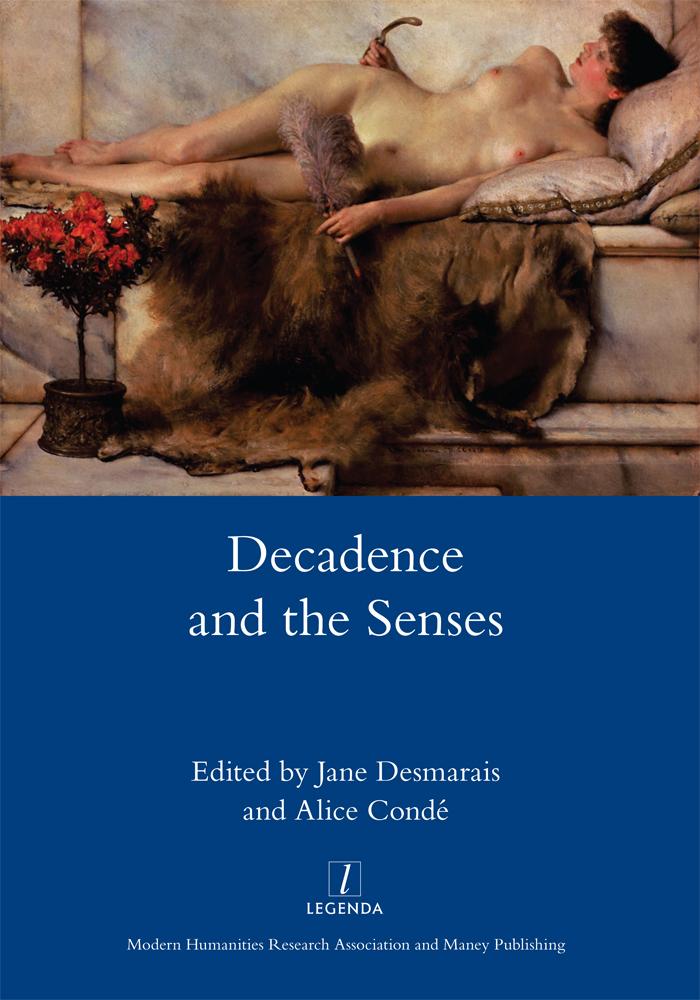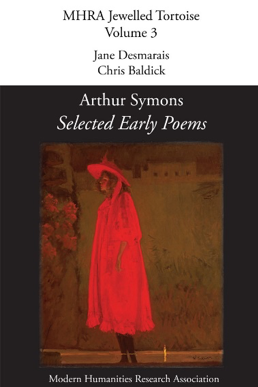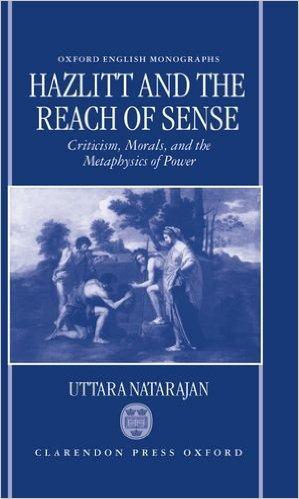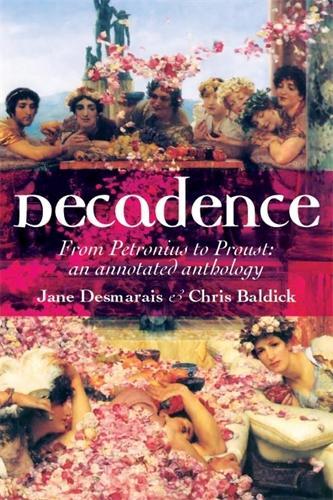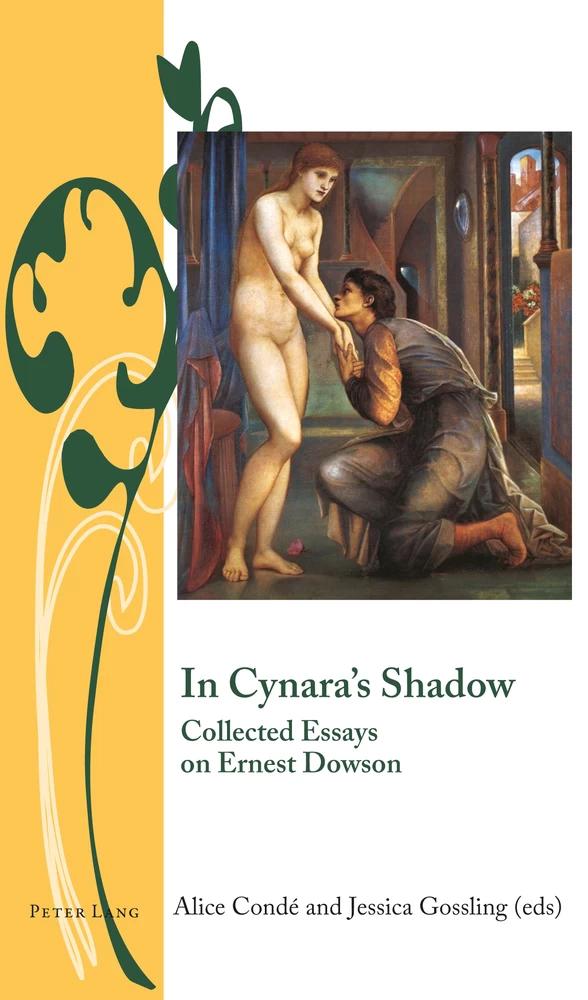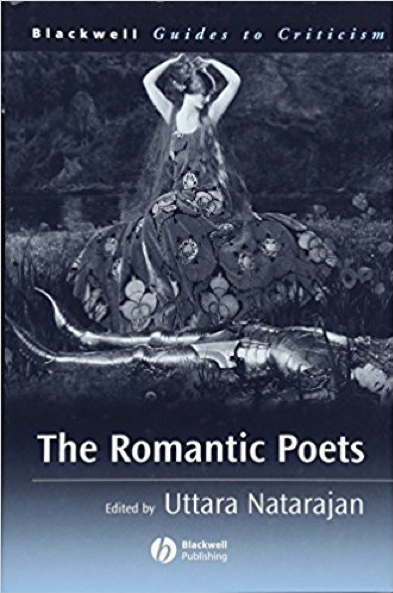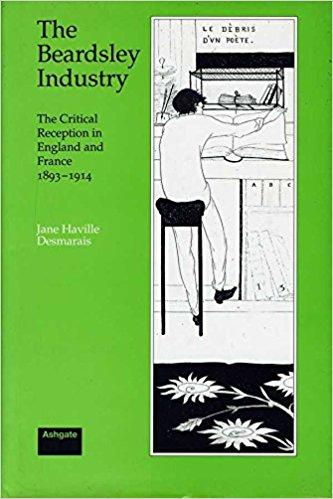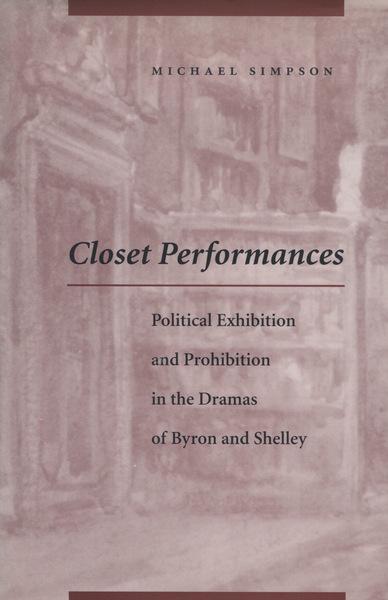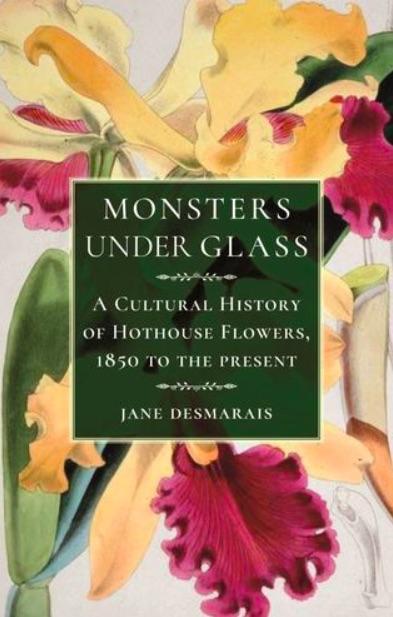Nineteenth-Century Literature at Goldsmiths
Article
Nineteenth-Century Literature reflects and contributes to a period of profound cultural change.
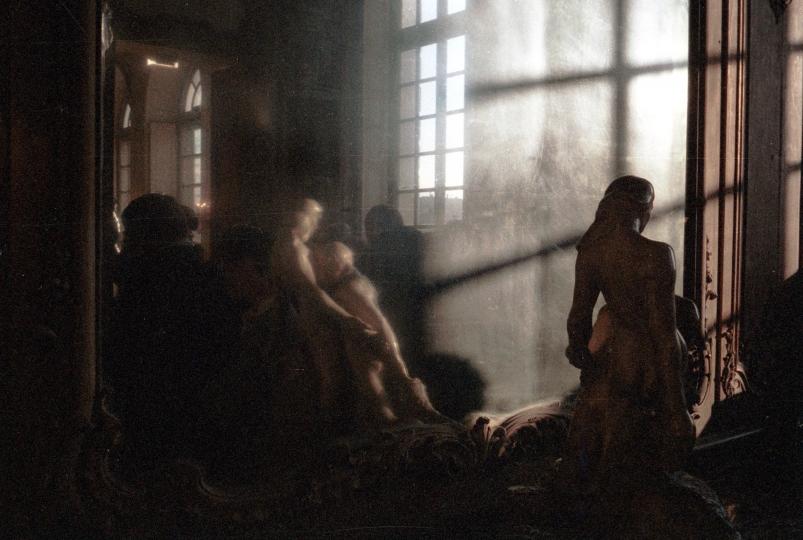
Our programmes investigate the poetry, novels, non-fictional prose, and drama of this century of industrialisation, urbanisation, empire, nationalism, scientific transformation, bureaucratisation, political consciousness, and religious crisis.
Programmes
Nineteenth-Century Literature in ECW brings together 'the long eighteenth century' and 'the long nineteenth century' in literary and cultural studies. A distinctive feature of our research in nineteenth-century literature and culture is its purposeful ranging across the period in the search for, and pursuit of, larger patterns.
This strategy informs our BA programmes and our Romantics & Victorians MA pathway. Thus, our research also extends beyond British literature into a comparative dimension that encompasses European and Greco-Roman traditions.
... all our systems and theories are but so many froth-eddies or sandbanks, which from time to time she casts up, and washes away. When we can drain the Ocean into mill-ponds, and bottle-up the Force of Gravity, to be sold by retail, in gas jars; then may we hope to comprehend the infinitudes of man's soul under formulas of Profit and Loss; and rule over this too, as over a patent engine, by checks, and valves, and balances.
- Thomas Carlyle, Signs of the Times (1829)

Professor Chris Baldick
Chris Baldick is Emeritus Professor of English. His research in the field of 19th-century literature has followed a number of strands. In the history of literary criticism, he has traced the evolution of critical thought from Arnold, Pater and Wilde into twentieth-century adaptations. Chris has also focused on Gothic fiction, as in the widely-used anthology The Oxford Book of Gothic Tales (1990), and further work on shorter Gothic and related fiction has included two annotated selections (both edited with the Canadian scholar Robert Morrison). With regard to writings of the Decadent tradition: he was co-editor with Jane Desmarais of Decadence: An Annotated Anthology (2012) and of Arthur Symons: Selected Early Poems (2017).
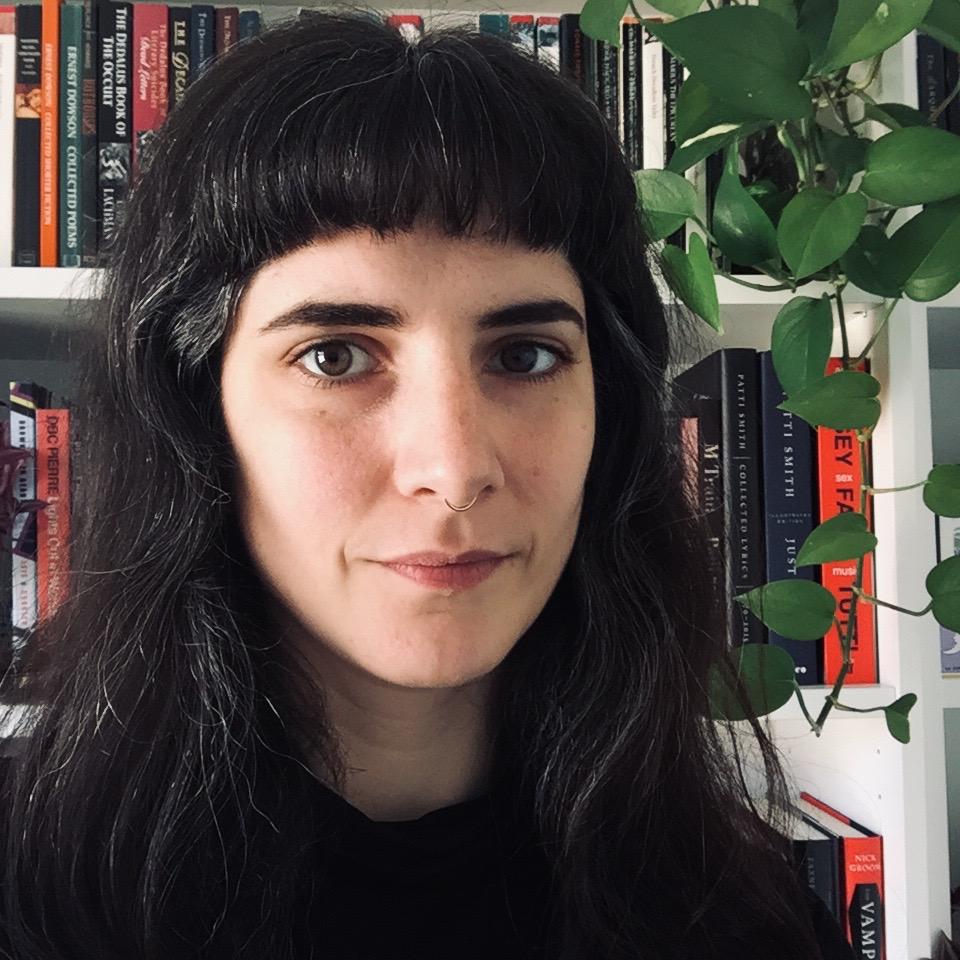
Dr Alice Condé
Alice Condé is a Lecturer (Fractional) in the Department of English and Creative Writing. Her research is primarily focused on decadence as a critical concept at the fin de siècle and today. She is interested in masochistic men and cruel women in nineteenth-century decadent fictions, and in our understanding of decadence in contemporary subculture with reference to queerness, drag, and social decline. She is co-editor of Decadence and the Senses (with Jane Desmarais, 2017) and In Cynara’s Shadow: Collected Essays on Ernest Dowson (with Jessica Gossling, 2019). Her essay on ‘Decadence and Popular Culture’ can be found in Jane Desmarais and David Weir’s Decadence and Literature (2019).
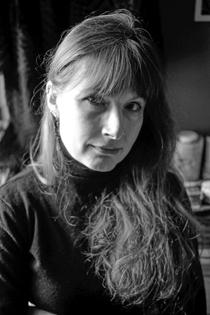
Professor Jane Desmarais
Jane Desmarais is Director of the Decadence Research Unit. Her research is primarily focused on nineteenth-century literature and visual culture: she is interested in literary, visual, and musical decadence and its relationship to other forms of discourse; Anglo-French cultural relations at the fin de siècle; and decadence and translation. She also publishes on history and psychoanalysis. Her monograph, Monsters under Glass: A Cultural History of Hothouse Flowers, 1850 to the Present was published by Reaktion Books in 2018,and she has edited (both with David Weir) a volume of essays on Decadence and Literature for the Cambridge Critical Concepts series (2019) and The Oxford Handbook of Decadence (2021).
She is Editor-in-Chief of the online open-access interdisciplinary journal of decadence studies, Volupté.
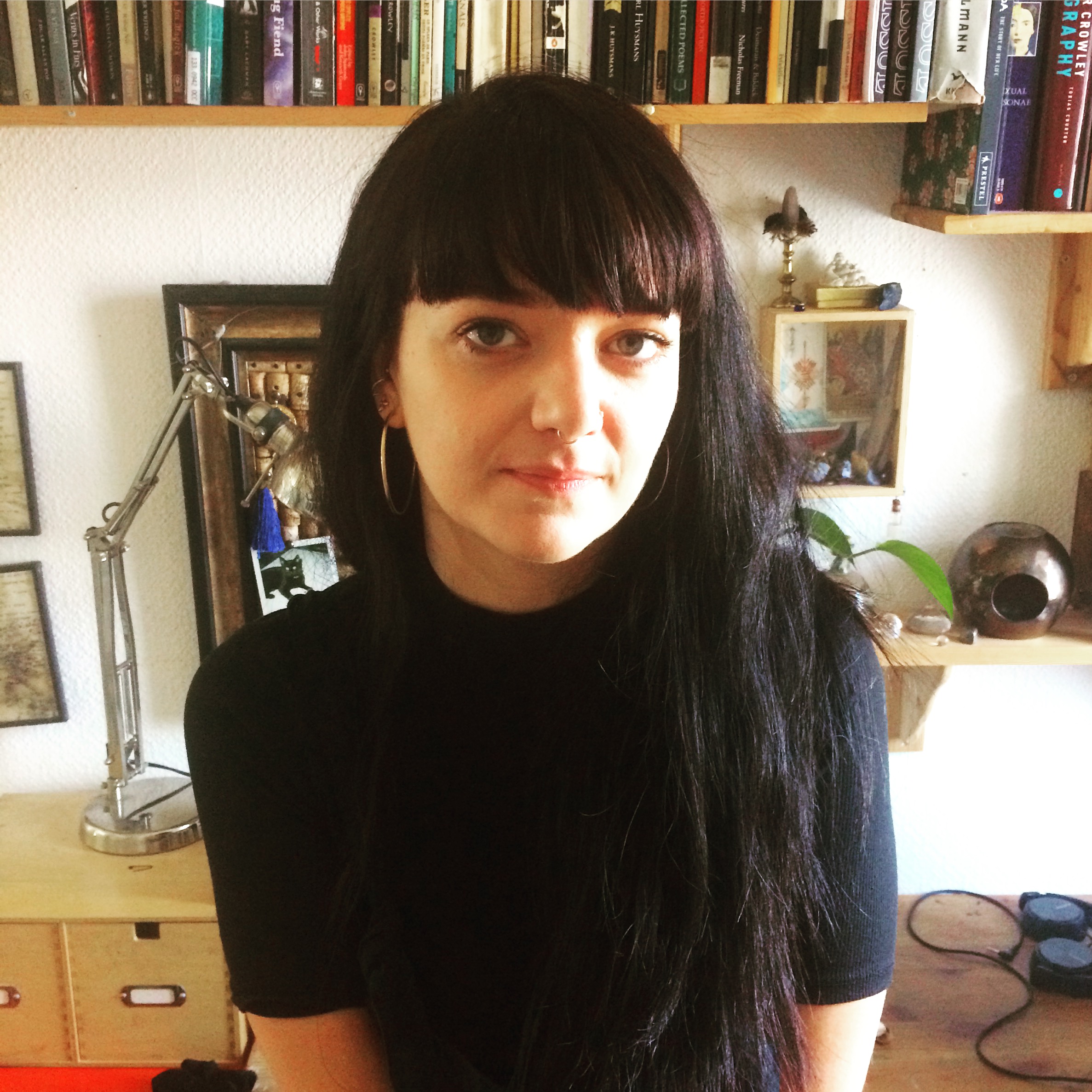
Dr Jessica Gossling
Jessica Gossling's research is primarily focused on French and English literary decadence, spatial theory, and occulture. She is a member of the Decadence Research Centre and she completed her PhD on Decadent Threshold Poetics in 2018. She is co-editor, with Alice Condé, of In Cynara’s Shadow: Collected Essays on Ernest Dowson (Peter Lang in 2019), her essay on 'À rebours and the House at Fontenay' is published in Decadence and the Senses, and her essay on decadent interior design can be read in the Oxford Handbook of Decadence. Currently, she is working on her monograph on decadent threshold poetics. Jessica is also Deputy Editor of Volupté and Treasurer of the British Association of Decadence Studies (BADS).
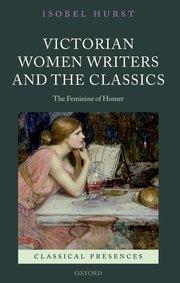
Dr Isobel Hurst
Isobel Hurst’s research examines the reception of Greek and Latin literature in English, looking at the connection between classical education and authorship and women writers’ creative engagement with the classical tradition. She is the author of Victorian Women Writers and the Classics: The Feminine of Homer (2006) and is currently completing a book, Muse and Minerva: Transatlantic Women Writers and the Classical Tradition. She has written essays on Victorian poetry and the classics for the Oxford Handbook of Victorian Poetry (2013) and the Oxford History of Classical Reception in English Literature (2015), and has recently contributed to two volumes in Oxford University Press’s Classical Presences series: Oscar Wilde and Classical Antiquity (2017) and Pater the Classicist (2017). Isobel's essay on Victorian classicism and the Italian Risorgimento appears in Classicising Crisis: The Modern Age of Revolutions and the Greco-Roman Repertoire (2020), edited by Michael Simpson and Barbara Goff.
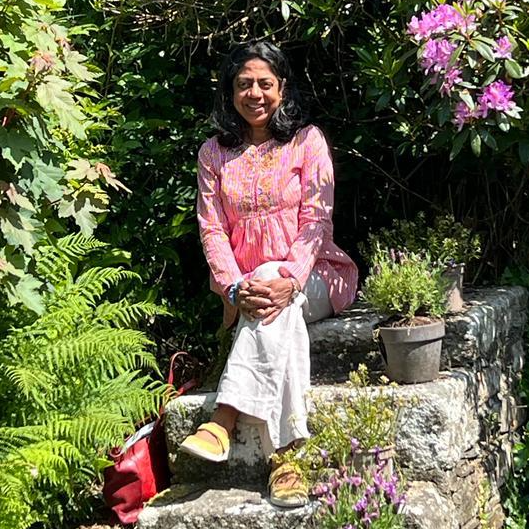
Dr Uttara Natarajan
Uttara Natarajan’s current research is in the Romantic legacy in Victorian prose, and she is particularly concerned with the changing configurations of the relations between aesthetics, ethics, and affect in nineteenth-century literature. She has published extensively on Romantic and Victorian authors, the latter including, most recently, Ruskin and Dickens. Uttara is an established authority on the Romantic essayist, William Hazlitt. She is on the founding committee of the Hazlitt Society and edits The Hazlitt Review. She also co-organizes the annual Hazlitt Day School with Professor Gregory Dart at UCL. You can hear Uttara in conversation on Hazlitt in BBC Radio 4’s In Our Time and on BBC Radio 4 Great Lives. For information on the Hazlitt Society, The Hazlitt Review and the annual Hazlitt Day School.
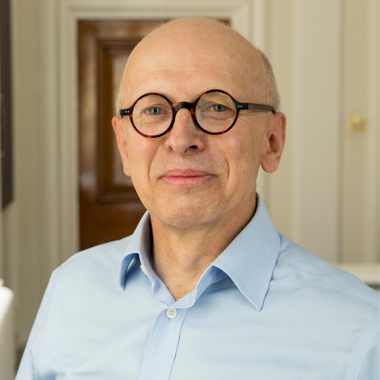
Dr Michael Simpson
Michael Simpson has published critical work across the broad field of Romantic literary culture on drama and theatre, poetry and the novel. Before coming to Goldsmiths, he held teaching and research positions at several universities in the USA. Michael is also a scholar of Classical Reception, and contributed the entry on ‘Classical Greek Drama’ to The Encyclopedia of Romantic Literature (ed. Fred Burwick, 2012).
Postgraduate Study
PhDs completed
Peter Daniels, My Tin Watermelon (poetry collection) and Grecian Urns and Tin Watermelons: Lyric, Truth and Beauty, with reference to Mark Doty, and comparisons with Philip Larkin (commentary) (2021)
William Parker (co-supervisor with Courtauld Institute, University of London),Laurence Binyon and the Influence of Paterian Aestheticism, 1873-1915 (2020)
Rachel White, All This Is For You (novel) and The Use of Observational Omniscient Narration in Richard Yates’ Revolutionary Road (commentary) (2019)
Alice Condé, 'Writing Masochism and the Cruel Woman in English Decadence, 1860-1900' (2015)
Cheryl Deedman, '"The Song of the Pen": Popular Romantic Literature 1839-1889' (2014)
Selina Packard, 'Fictional Rewritings of Mary Shelley's LIfe (2003)
Catherine Spooner, '"A terror of her Robes": Fashioning Gothic Bodies' (2002)
Cecile Malet-Dagreou, 'Evil in Gothic Fiction, 1764-1820' (1999)
PhDs under supervision
- No Less than Nothing: Edward Fitzgerald, Aestheticism and the Poetry of Nonentity
- Queering the Decadent Fairy Tale: Decadent Sexuality and the Fin-de-Siècle Fairy Tales of Renée Vivien, Olive Custance and Althea Gyles 1880-1910
- Gender and Androgyny in Charlotte Bronte's Fiction
Research
Conferences and Seminars
- 2023: BADS Jeudis: Annie Horniman: In Conversation
- 2023: Decadence and the Fairy Tale, Conference at Goldsmiths, co-organised by Eleanor Keane and Jane Desmarais
- 2022/23: BADS Jeudis: DMON Screenings
- 2022: 'AB 150: The Artist Resurgent', Conference at St Bride Foudation, co-organised by BADS and the Aubrey Beardsley Society
- 2022: 'Decadent Bodies', Conference at Goldsmiths, co-organised by Adam Alston, Alice Condé, and Jessica Gossling
- 2022: BADS Jeudis: Women of The Yellow Book
- 2021: Art Writing and the Body, co-organised by Alice Condé, Jane Desmarais, Jessica Gossling, Thomas Hughes (Courtauld), and Will Parker (Independent Scholar)
- 2021: BADS Jeudis: Decadence and Fashion
- 2021: ABirthday: Aubrey Beardsley turns 149
- 2021: BADS Jeudis: Lates with Lee
- 2020: BADS Jeudis: two public lectures exploring new research in Wildean Studies by Darcy Sullivan and Eleanor Fitzsimons.
- 2019: 'Aesthetic Time, Decadent Archives', Conference at Goldsmiths, co-organised by Jane Desmarais, Kristin Mahoney (Michigan State University), and Kirsten MacLeod (Newcastle)
- 2019: BADS Jeudis: two public lectures on new directions in Decadence Studies by Kate Hext (Exeter) and Adam Alston (Surrey)
- 2018: 'Decadence, Magic(k), and the Occult', Conference at Goldsmiths, co-organised by Jane Desmarais, Alice Condé, Jessica Gossling, and Robert Pruett (Oxford)
- 2018: 'Transnational Poetics', Symposium at New York University, co-organised by Marion Thain (NYU), Kate Hext (Exeter), and Jane Desmarais
- 2017: 'Arthur Symons at the Fin de Siècle', Symposium at Goldsmiths, co-organised by Jane Desmarais, Alice Condé, and Jessica Gossling
- 2016: 'Ernest Dowson, poet, translator and novelist', Symposium at Goldsmiths, co-organised by Alice Condé and Jessica Gossling
- 2014: 'Decadence and the Senses', Conference at Goldsmiths, co-organised by Jane Desmarais, Alice Condé, Jessica Gossling, and Angela Dunstan
- 2013: Isobel Hurst and Jane Desmarais were co-convenors of the IES London Nineteenth-Century Studies Seminar, with the theme of ‘Decadence: Ancient and Modern’
- 2012: 'Poetry and the Olympics - ancient and modern', Conference at Goldsmiths, organised by Michael Simpson
- 2012-present: Annual Hazlitt Day School at University College London, co-organised by Uttara Natarajan and Gregory Dart
Affiliations, Networks, and Peer Review (in alphabetical order by surname)
-
Jane Desmarais is Editor-in-Chief of Volupté: Interdisciplinary Journal of Decadence Studies
-
Jane Desmarais is Chair of the British Association of Decadence Studies (BADS)
-
Jane Desmarais is peer reviewer for 19 and Victorian Studies
-
Jane Desmarais is a core member of the AHRC-funded Decadence and Translation Network
- Jane Desmarais is a member of the editorial board of the 'InCarnations' book series on European fin de siècle and Decadence to be published by ETS (Pisa)
- Jane Desmarais is a member of the Courtauld Art Writing Research Group
- Jane Desmarais and Isobel Hurst are members of the London Nineteenth-Century Studies Seminar, at the Institute of English Studies
- Isobel Hurst served on the Advisory Board of AHRC-sponsored research project, ‘Classics and Class in Britain 1789-1939’, led by Professor Edith Hall, at King’s College, London
- Uttara Natarajan is Editor of The Hazlitt Review
- Uttara Natarajan is a founder-member of the Committee of the Hazlitt Society
- Uttara Natarajan is peer reviewer for Keats-Shelley Journal, Review of English Studies, Romanticism, Studies in Romanticism, Victorian Studies, Journal of Aesthetics and Art Criticism, Philological Quarterly, and Archiv
